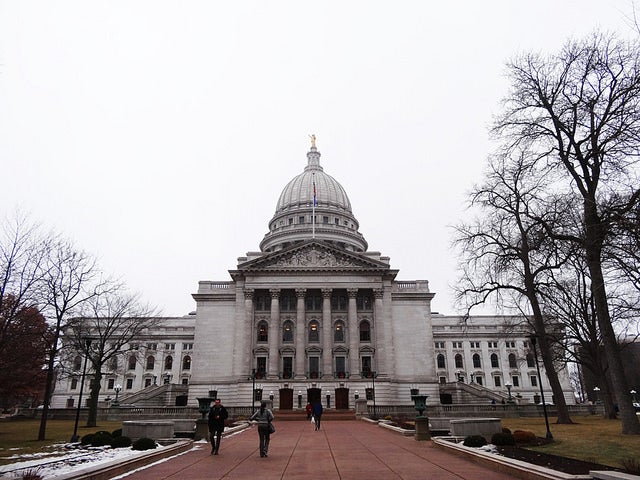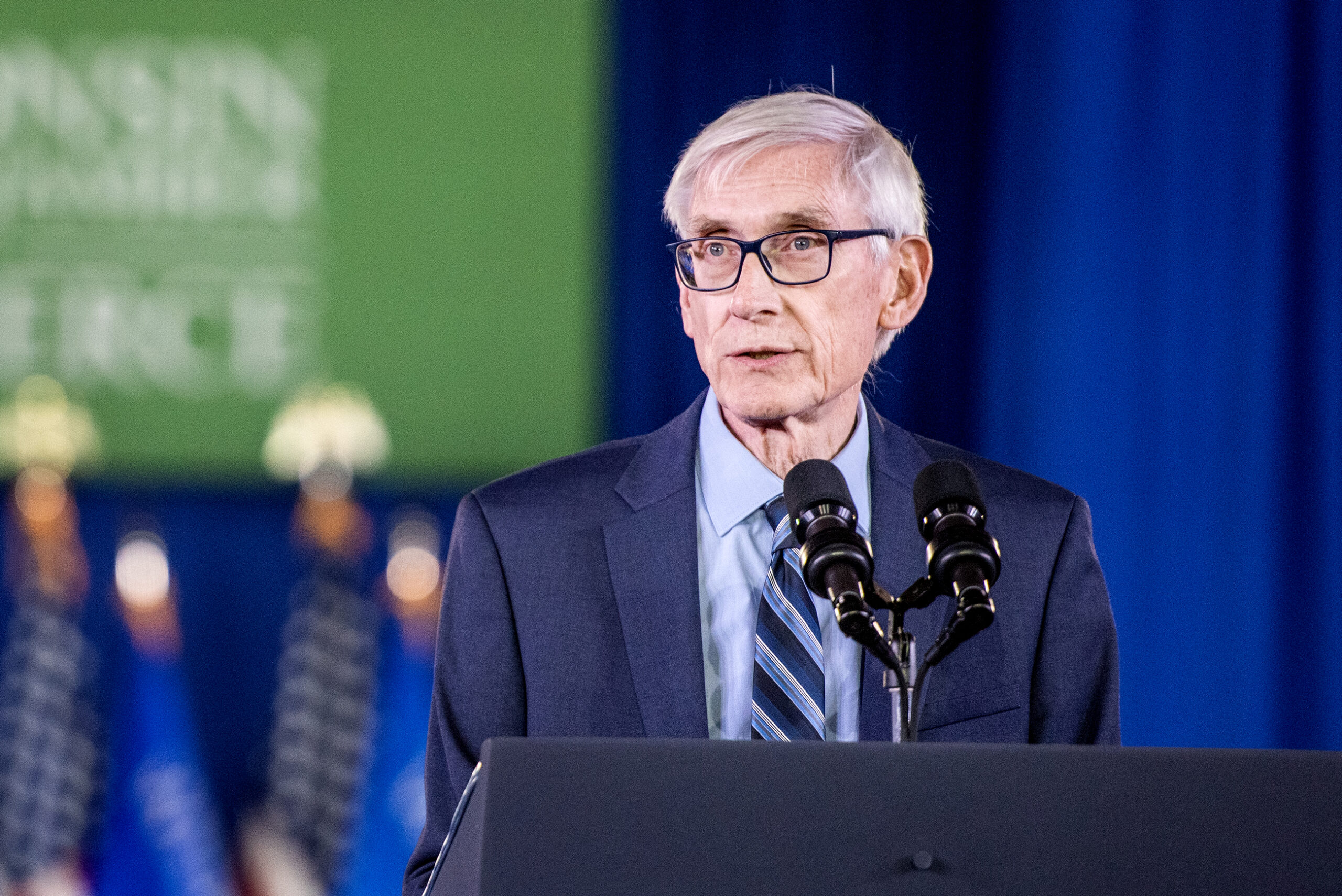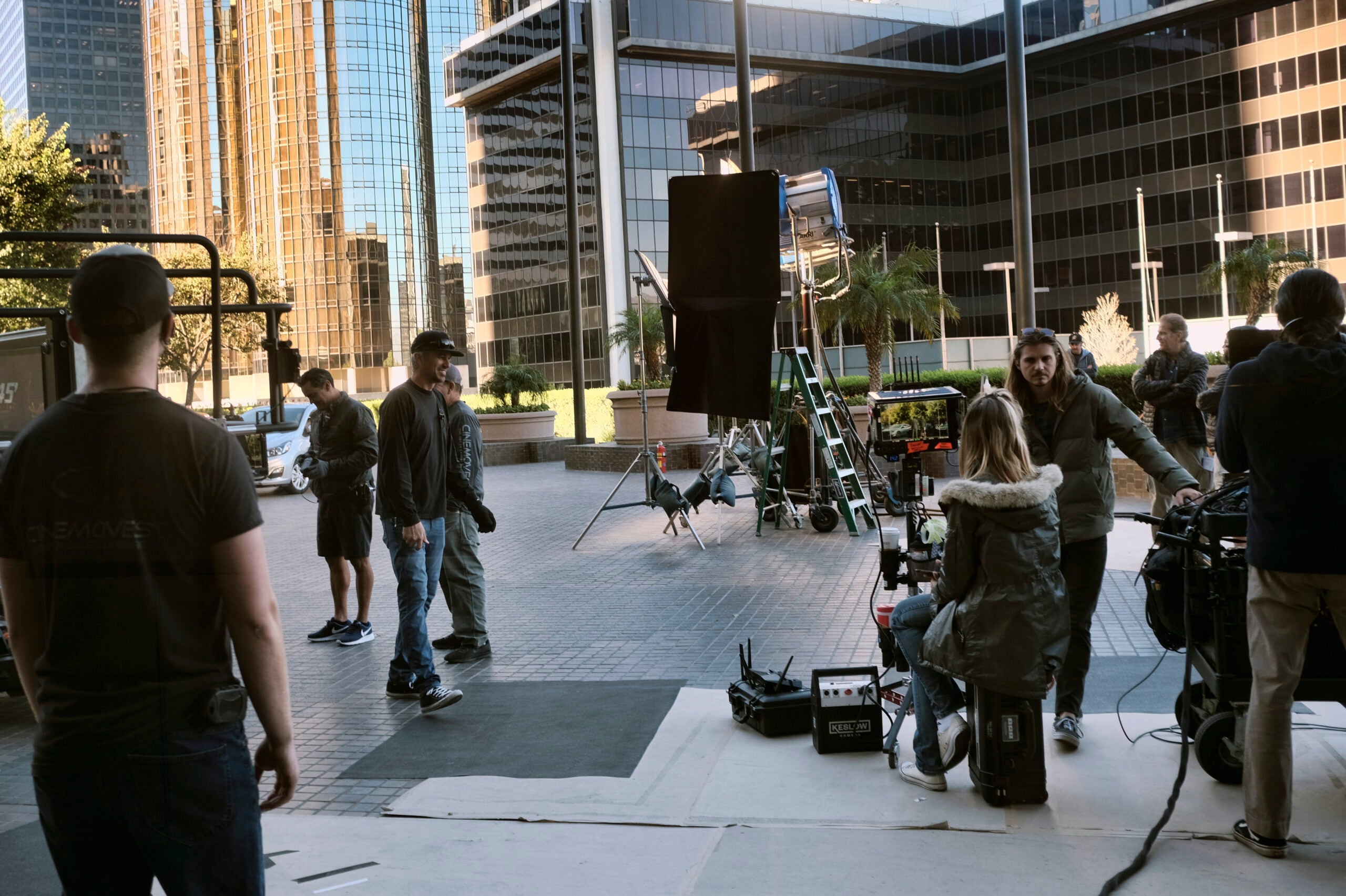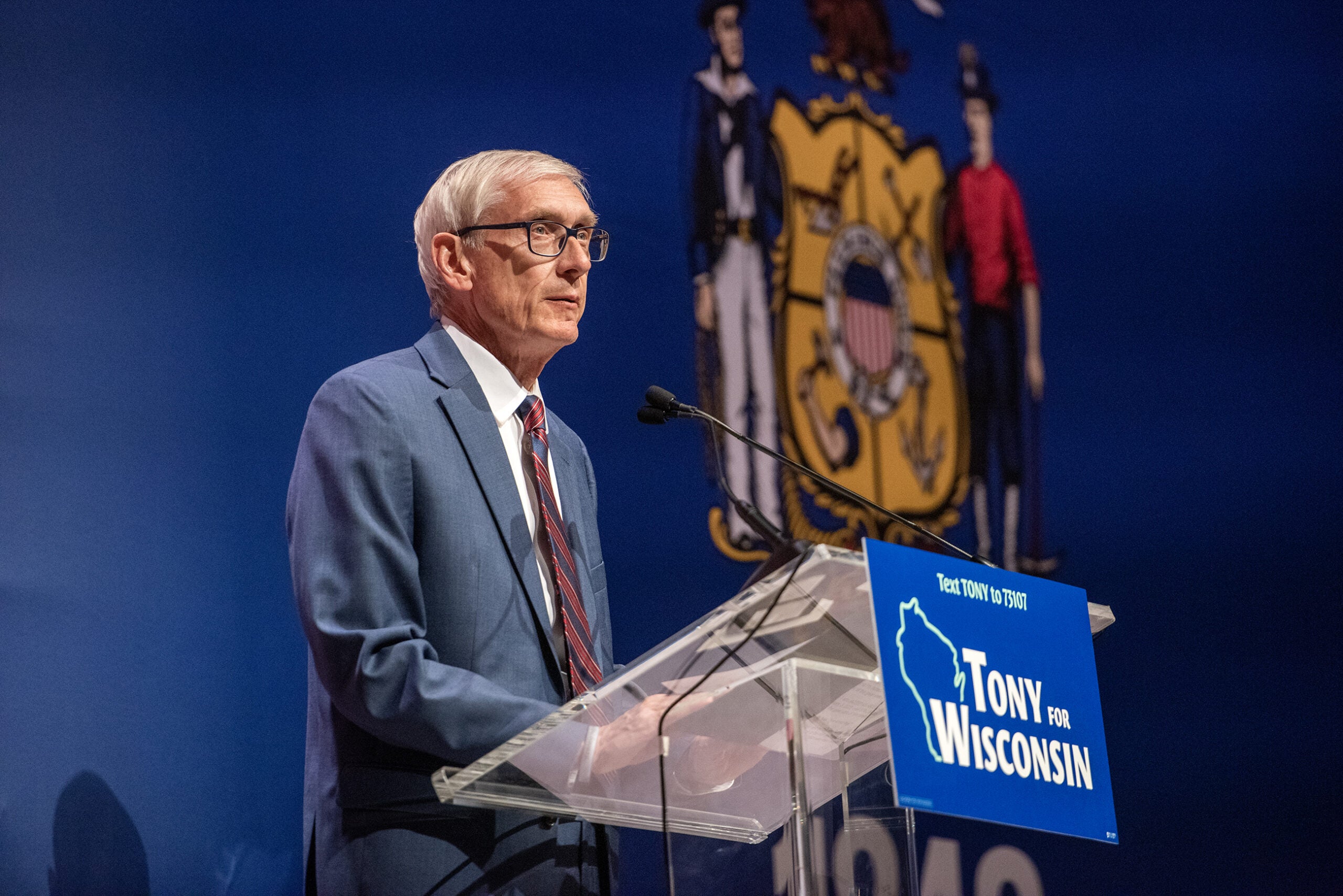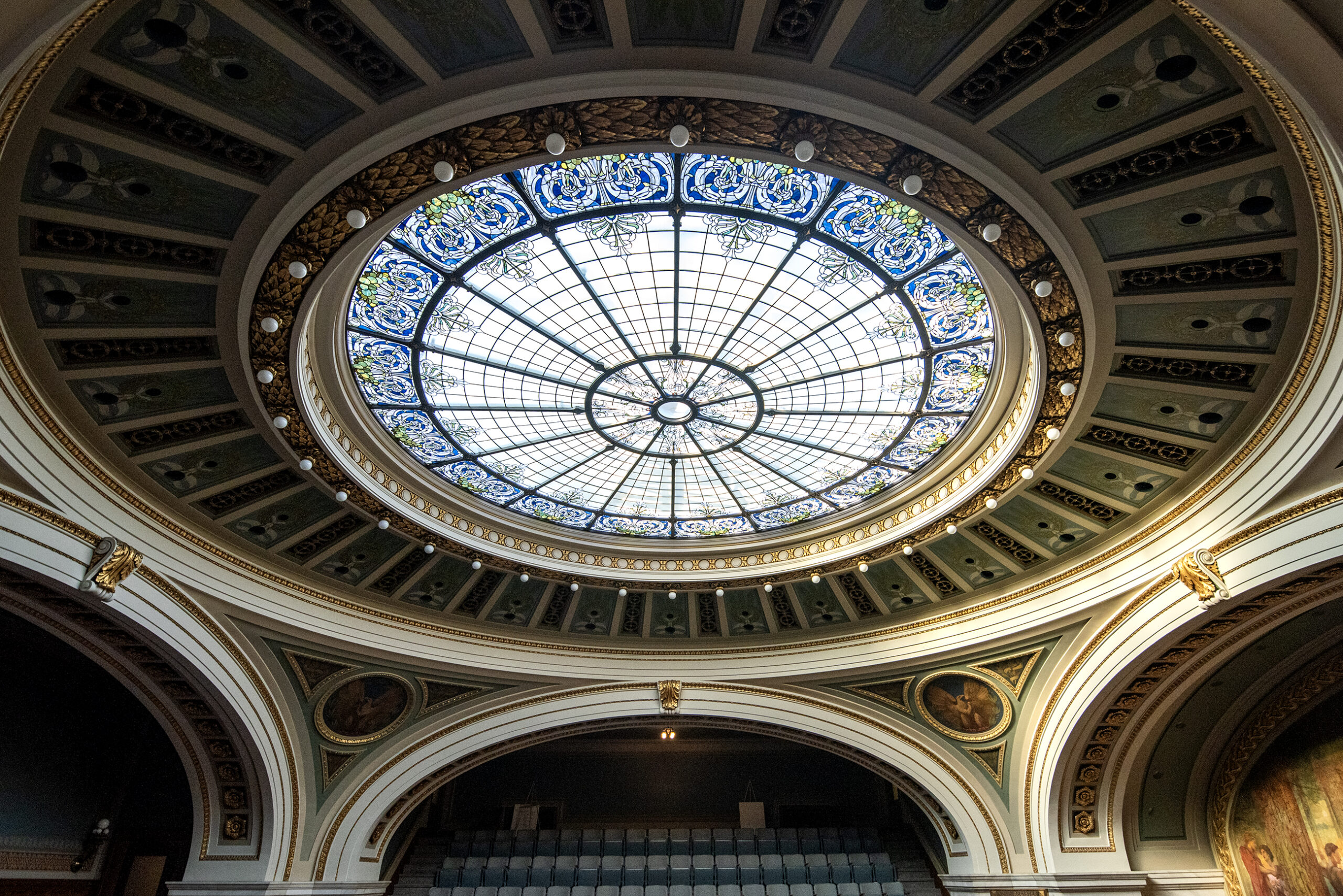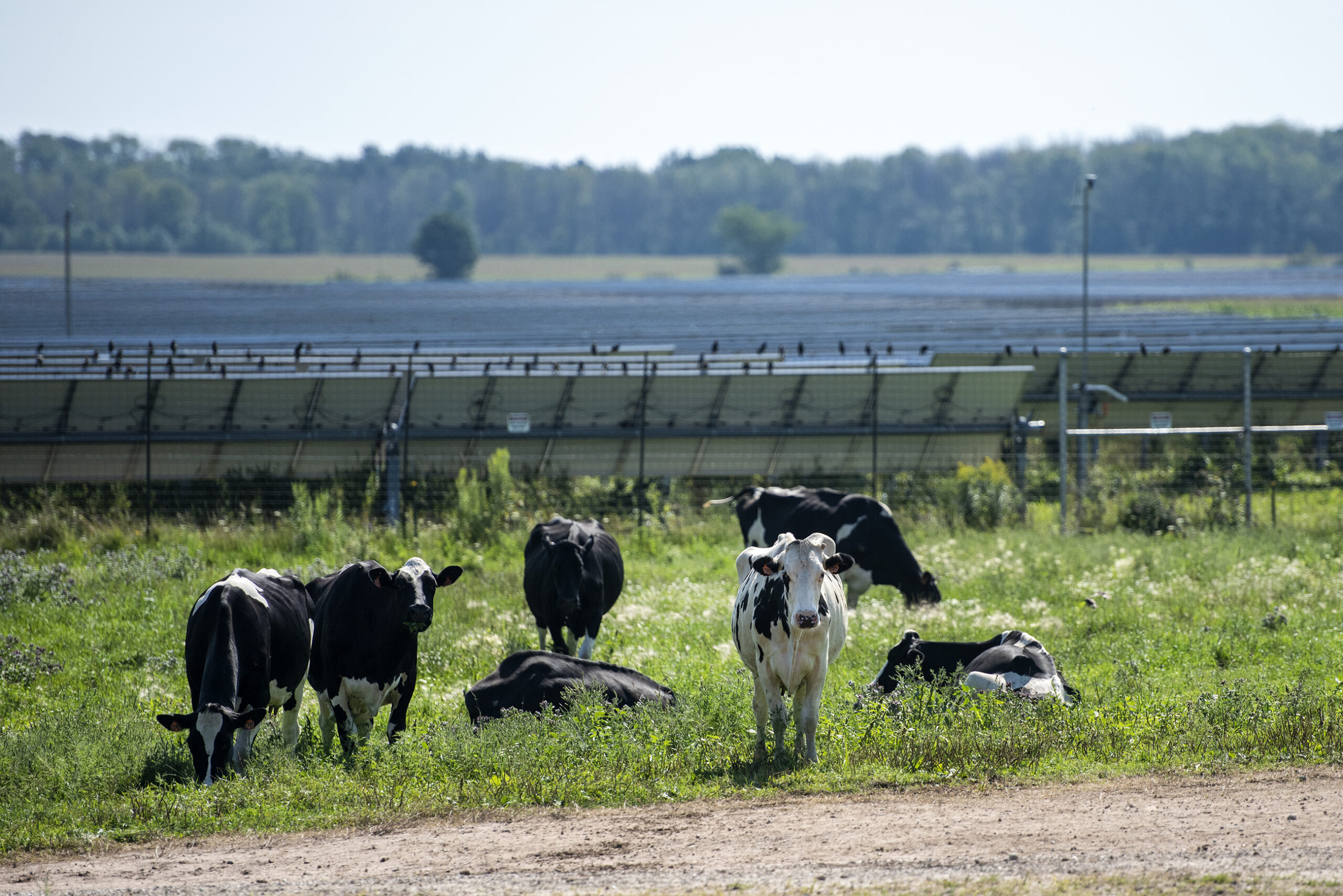Wisconsin politicians are trying to get support for legislation that would increase the state’s historic tax credit from $500,000 per project to $3.5 million.
Gov. Scott Walker used his veto powers to lower the tax credit from the proposed $5 million per project to $500,000.
“The $5 million per parcel limitation does little to curtail the fiscal effects of this program, which has swelled to cause an annual tax revenue loss exceeding $60 million, making it one of this state’s most expensive economic development incentives,” Walker said in his veto message.
Stay informed on the latest news
Sign up for WPR’s email newsletter.
Rep. Mike Rohrkaste, R-Neenah, is one of the sponsors of this legislative memo. He said the tax credit benefits all communities in Wisconsin.
“We’ve been working with the governor on an in-between position, explaining that the $500,000 cap we believe is really limiting and could hurt the program,” Rohrkaste said. “And we understand that the $5 million was maybe too high.”
Projects that qualified for the state historic tax credit could claim tax credits of up to 20 percent of qualifying costs without any caps. Walker’s initial budget proposition was $10 million annually for program awards.
Rohrkaste said the governor’s office has indicated it will look at the proposal, but there are, “still some hurdles.”
Mike Maki is a community development specialist with the City of Kenosha. He works with projects that utilize the state historic tax credit. He said there are currently three projects approved for the tax credits in Kenosha, and Maki said a $500,000 tax credit would not have been enough for his projects.
“That would have created too much of a deficit and in all certainty those projects would not have gotten off the ground,” he said.
Maki said cities like Kenosha see the value in these projects that attract tourists.
“It’s just been in the last four to five years that developers have realized the impacts here in the Kenosha area at least,” Maki said.
Wisconsin Public Radio, © Copyright 2024, Board of Regents of the University of Wisconsin System and Wisconsin Educational Communications Board.

